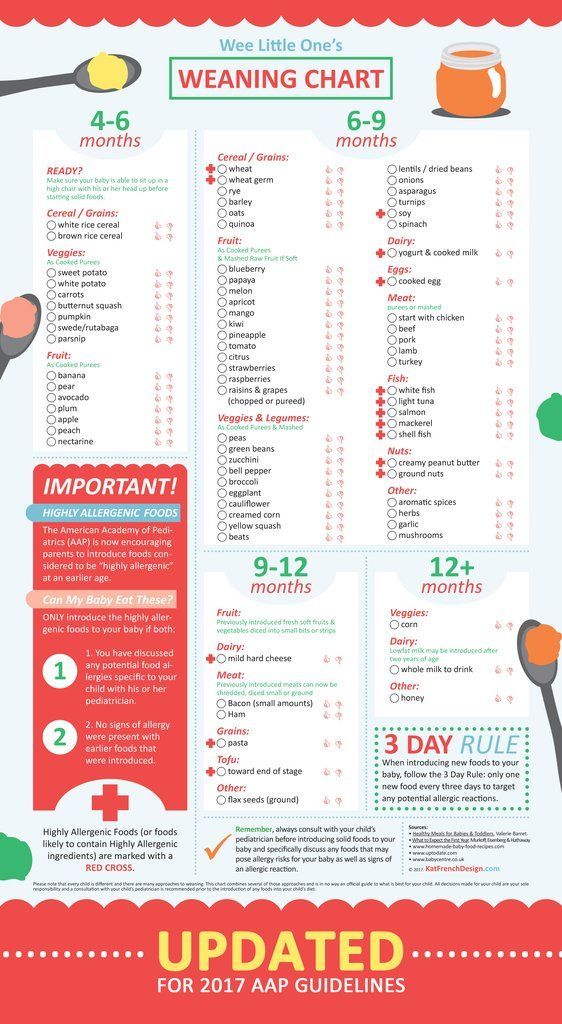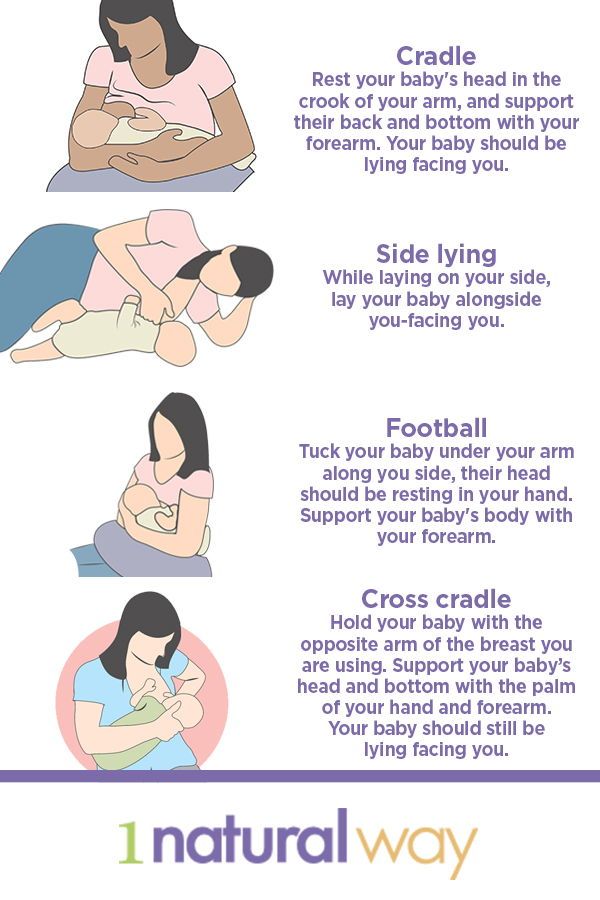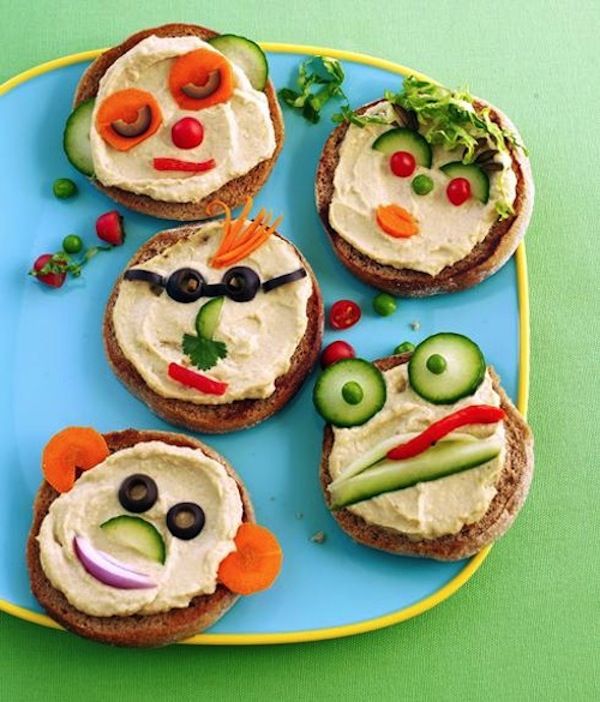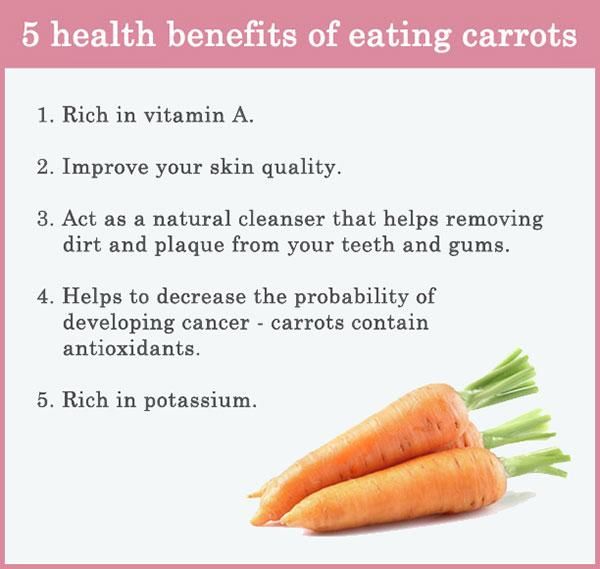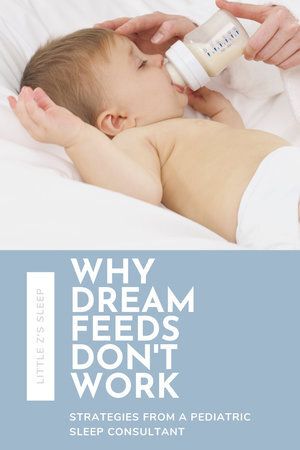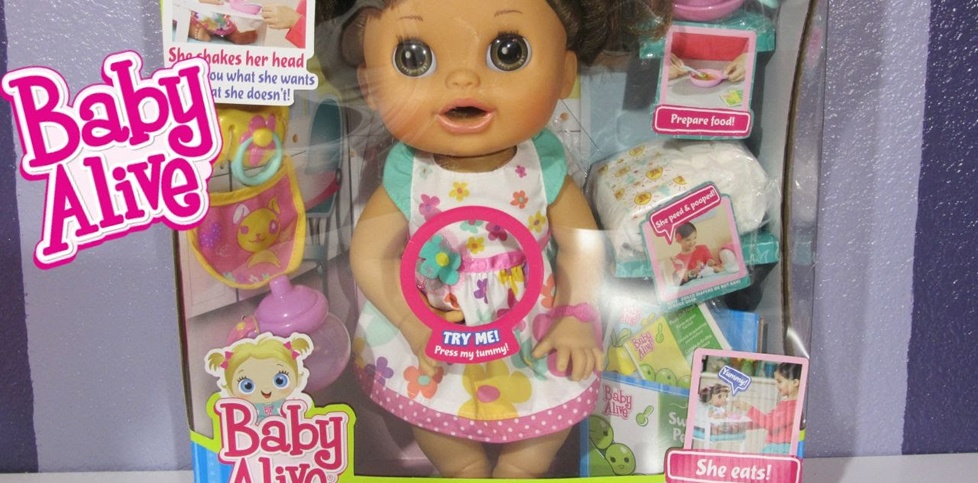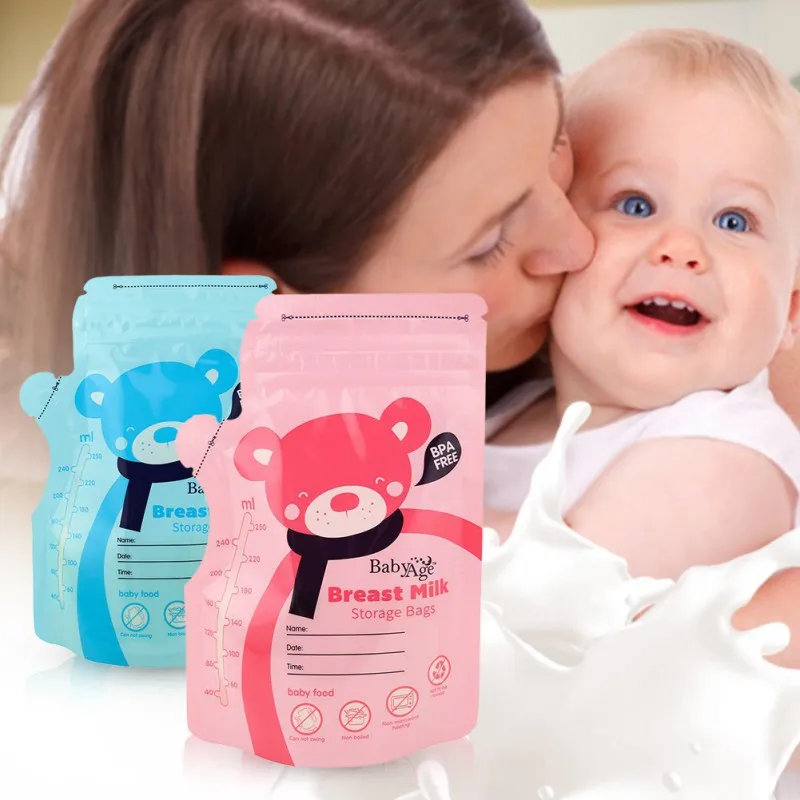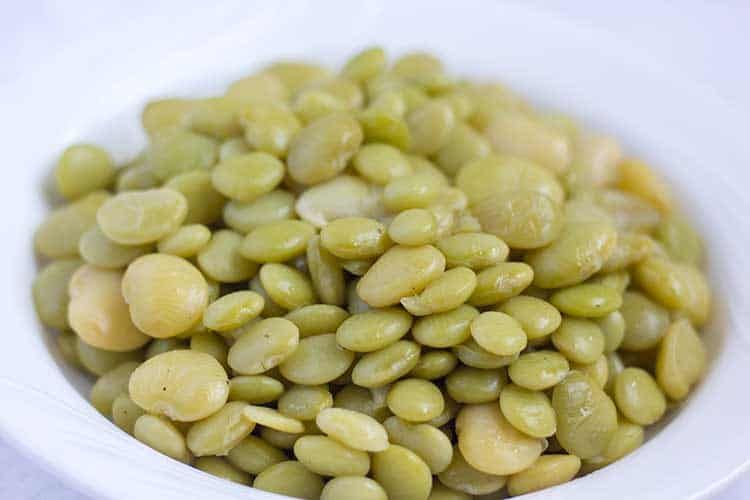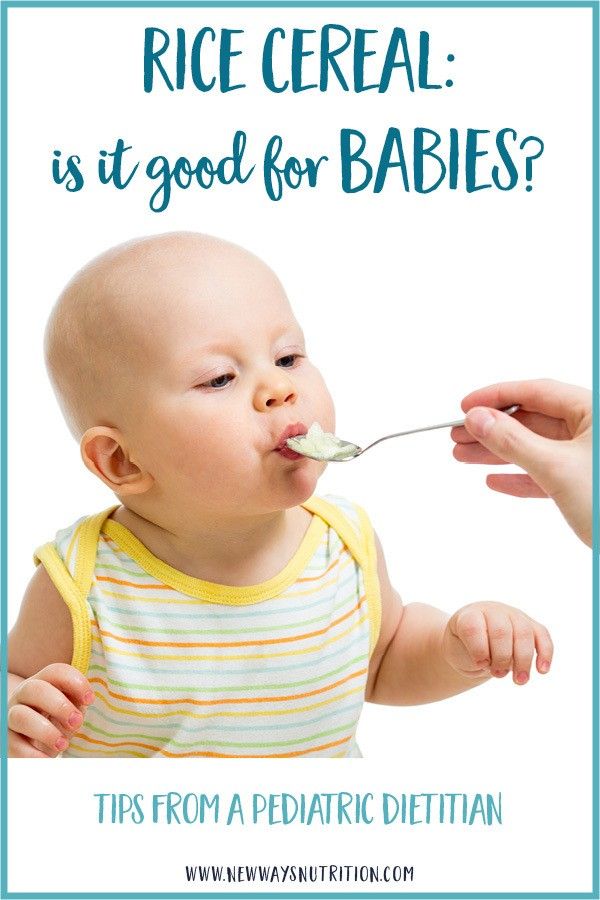Signs that your baby is allergic to certain foods
Food allergies in babies and young children
Allergies and breastfeeding or formula feeding
Exclusive breastfeeding or first infant formula is recommended for around the first 6 months of life.
If your baby has a cows' milk allergy and is not being breastfed, talk to your GP about what type of formula to give your baby.
If you're pregnant or breastfeeding, you do not need to avoid foods that can trigger allergic reactions (including peanuts), unless you're allergic to them.
Introducing foods that could trigger allergy
When you start introducing solid foods to your baby from around 6 months old, introduce the foods that can trigger allergic reactions one at a time and in very small amounts so that you can spot any reaction.
If your baby already has an allergy, such as a diagnosed food allergy or eczema, or if you have a family history of food allergies, eczema, asthma or hay fever, you may need to be particularly careful when introducing foods. Talk to your GP or health visitor first.
Foods that can trigger an allergic reaction are:
- cows' milk
- eggs (eggs without a red lion stamp should not be eaten raw or lightly cooked)
- foods that contain gluten, including wheat, barley and rye
- nuts and peanuts (serve them crushed or ground)
- seeds (serve them crushed or ground)
- soya
- shellfish (do not serve raw or lightly cooked)
- fish
These foods can be introduced from around 6 months as part of your baby's diet, just like any other foods.
Once introduced and if tolerated, these foods should become part of your baby's usual diet to minimise the risk of allergy.
Evidence has shown that delaying the introduction of peanut and hen's eggs beyond 6 to 12 months may increase the risk of developing an allergy to these foods.
Lots of children outgrow their allergies to milk or eggs, but a peanut allergy is generally lifelong.
If your child has a food allergy, read food labels carefully. Avoid foods if you're not sure whether they contain the food your child is allergic to.
How to tell if your child has a food allergy
Allergic reactions usually happen quickly within a few minutes of exposure to an allergen.
They can cause:
- sneezing
- a runny or blocked nose
- red, itchy, watery eyes
- wheezing and coughing
- a red, itchy rash
- worsening of asthma or eczema symptoms
Most allergic reactions are mild, but occasionally a severe reaction called anaphylaxis or anaphylactic shock can occur.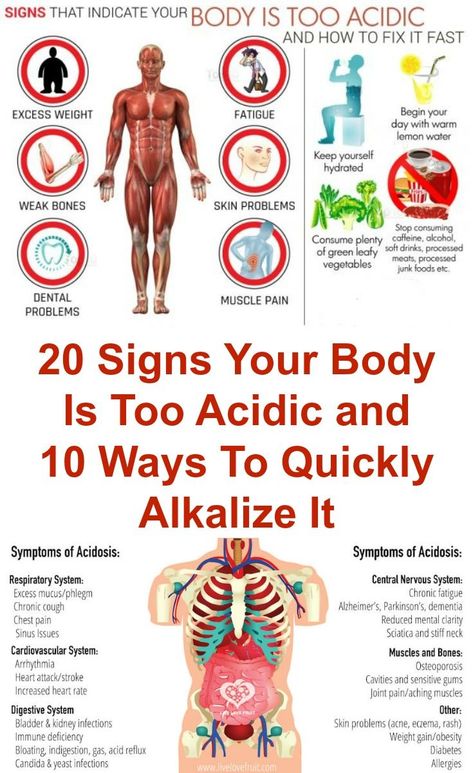
This is a medical emergency and needs urgent treatment.
Do not be tempted to experiment by cutting out a major food, such as milk, because this could lead to your child not getting the nutrients they need.
Talk to your health visitor or GP, who may refer you to a registered dietitian.
Food additives and children
Food contains additives for many reasons, such as to preserve it, to help make it safe to eat for longer, and to give colour or texture.
All food additives go through strict safety testing before they can be used. Food labelling must clearly show additives in the list of ingredients, including their name or "E" number and their function, such as "colour" or "preservative".
A few people have adverse reactions to some food additives, like sulphites, but reactions to ordinary foods, such as milk or soya, are much more common.
Further information
Find out more about:
- Foods to avoid giving babies and young children
- Food intolerance explained
- Food colours and hyperactivity
Page last reviewed: 5 November 2021
Next review due: 5 November 2024
Baby Food Allergies: Identifying and Preventing Them
Written by Gina Shaw
In this Article
- Start Gradually to Identify Any Food Allergies
- Babies and Allergies: The Top 8 Allergenic Foods
- Food Allergy Symptoms to Watch for in Your Baby
- Severe Food Allergy Symptoms: When to Call 911
- Dealing With Mild Food Allergies in Baby
- The Family Food-Allergy Connection
- Protecting Baby Against Food Allergies: Easy Does It
Starting to feed a baby solid foods is an exciting milestone for parents.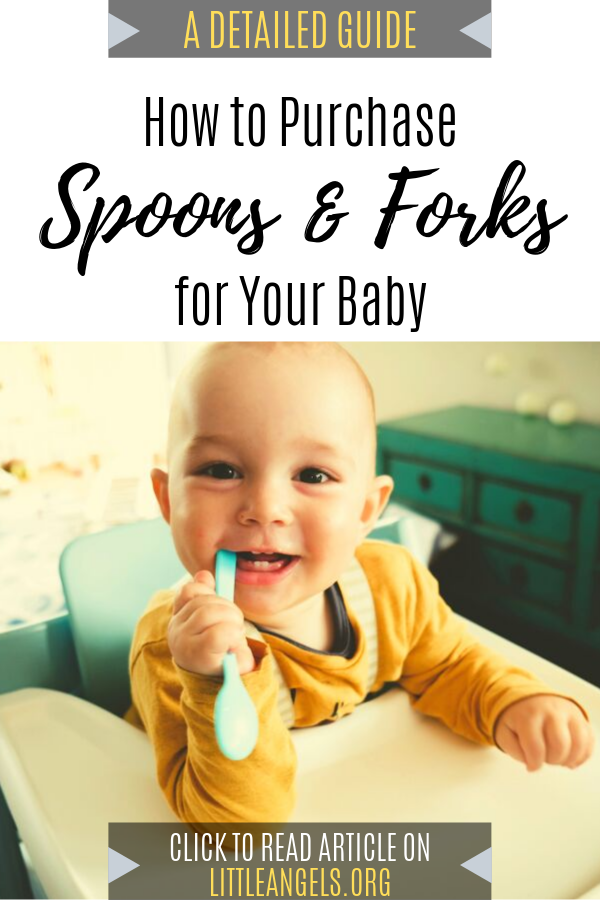 However, it comes with a lot of questions and concerns, especially about food allergies. What foods are most likely to cause allergies in babies? How do you avoid them?
However, it comes with a lot of questions and concerns, especially about food allergies. What foods are most likely to cause allergies in babies? How do you avoid them?
Emerging research has shown that introducing multiple foods together is safe, and may help the immune system have a lower risk of developing food allergies, but more studies are needed. Check with your doctor for what’s best for your baby.
Start Gradually to Identify Any Food Allergies
It’s most important to introduce a baby to new foods gradually, one at a time, in case of food allergies. If not, a parent may have trouble tying an allergy to a specific new food. For example, if you give your baby three new foods over the course of a day and they develop an allergic reaction, you won’t know which of the foods provoked it.
The type of food or the order in which food is introduced is not much of a concern, as long as the foods you are offering are healthy and well-balanced for the baby. Each time you offer a new food, you should wait three to five days before adding another new item to the menu. Don’t eliminate the other foods your baby is eating during that time; you already know these are safe because the child has not had any food reactions up until now. Just don’t add anything else new.
Don’t eliminate the other foods your baby is eating during that time; you already know these are safe because the child has not had any food reactions up until now. Just don’t add anything else new.
Babies and Allergies: The Top 8 Allergenic Foods
With any new food, you’ll want to be on the lookout for any allergic reactions. There are more than 160 allergenic foods; certain foods may be more allergenic than others. The following eight foods and food groups are known to possibly cause problems with allergic reactions possibly up to 90% of the time.
- Cow's milk
- Eggs
- Peanuts
- Tree nuts (such as walnuts or almonds)
- Fish
- Shellfish
- Soy
- Wheat
New nutrition guidelines from the American Academy of Pediatrics say it's okay to introduce these allergy-causing foods when your baby is ready to eat solids. There is no evidence that waiting until the baby is older prevents food allergy. If you believe your baby has an allergic reaction to a food, such as diarrhea, rash, or vomiting, talk with your child's doctor about the best choices for the diet.
Within a few months of starting solid foods, your baby's daily diet should include a variety of foods, such as breast milk, formula, or both; meats; cereal; vegetables; fruits; eggs; and fish.
Food Allergy Symptoms to Watch for in Your Baby
Food allergy symptoms usually appear very soon after the food is eaten -- within a few minutes to a couple of hours. If you’re introducing a new food to your baby, keep an eye out for these symptoms:
- Hives or welts
- Flushed skin or rash
- Face, tongue, or lip swelling
- Vomiting and/or diarrhea
- Coughing or wheezing
- Difficulty breathing
- Loss of consciousness
Severe Food Allergy Symptoms: When to Call 911
Severe allergic reactions can be fatal very quickly. If your baby is having trouble breathing/wheezing, has swelling on their face/lips, or develops severe vomiting or diarrhea after eating, immediately call 911. You can inform your pediatrician at a later time.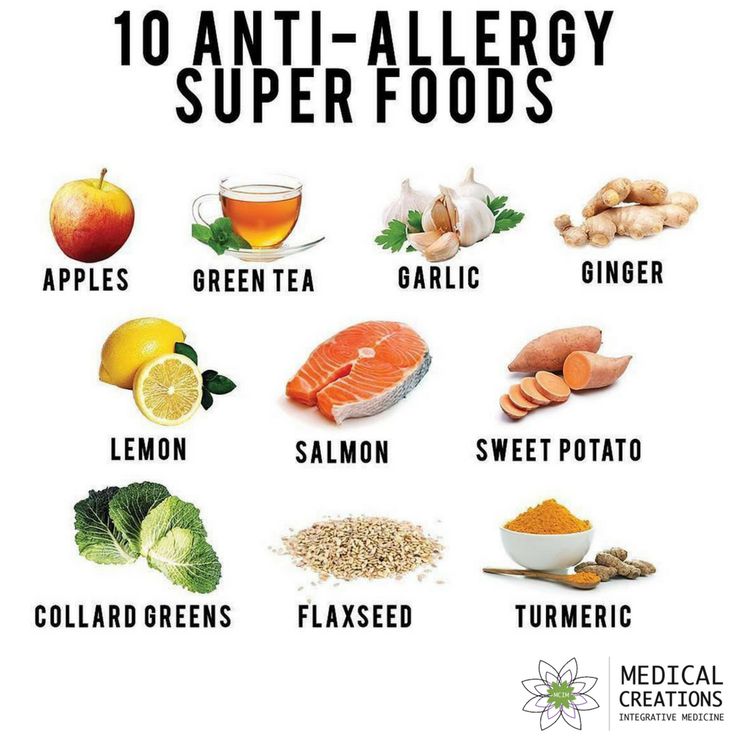
Dealing With Mild Food Allergies in Baby
If you see mild symptoms, such as hives or a rash, contact your pediatrician for further evaluation. The doctor might refer you to an allergist (allergy specialist doctor), who will ask more questions and do a physical exam. The allergies may order diagnostic tests such as:
- A skin test. This test involves placing liquid extracts of food allergens on your child's forearm or back, pricking the skin, and waiting to see if reddish raised spots form within 15 minutes. A positive test to a food only shows that your child might be sensitive to that food.
- Blood tests to check the blood for IgE antibodies to specific foods
Remember, just because a baby’s initial allergic reaction to a new food may be mild, it may get worse upon following exposures. Talk to your pediatrician about any food allergy symptoms in your baby.
Some allergies go away with time. Egg and milk allergies often go away as children get older, but peanut, tree nut, and shellfish allergies tend to persist. That said, research shows that in the case of peanut allergies, peanut immunotherapy drops administered under the tongue are safe and effective as treatment for peanut allergy, even in children as young as 1. They were also found to help significantly desensitize the patients to peanuts.
That said, research shows that in the case of peanut allergies, peanut immunotherapy drops administered under the tongue are safe and effective as treatment for peanut allergy, even in children as young as 1. They were also found to help significantly desensitize the patients to peanuts.
The Family Food-Allergy Connection
If there is a family food allergies, your baby has an increased risk of also developing allergies, although it is not a certainty. If you have the allergies, the odds are 50-50 for them to have them as well.
It’s best to introduce the 8 allergens gradually, at one-to-two week intervals over time so that you can recognize if an allergy develops.
Protecting Baby Against Food Allergies: Easy Does It
In a reversal of earlier policy, the American Academy of Pediatrics is now recommending that potential allergens be introduced to your infant earlier rather than later. In doing so, the move may actually help prevent them from developing allergies to those foods.
Breastfeeding you baby for 4-6 months is the best way to prevent a milk allergy. Remember that breast milk or formula is higher in nutrition. When you begin to introduce whole milk, you should do so under a doctor’s supervision. Yogurt and soft cheeses are fine, because the proteins in these dairy products are broken down and less likely to cause tummy trouble.
The AAP now advises that, in the case of infants who are at high risk of allergies, peanuts should be introduced between 4-6 months. Infants at highest risk of developing peanut allergies are those with eczema or egg allergies or both. It was originally believed that introducing your baby to the foods when they are older might make any reactions more manageable.
Other potential allergens such as tree nuts and fish should be introduced over a period of time as you introduce your baby to solid foods, between 6 and 9 months
You should wait until at least age 1 (some experts say age 2) to introduce honey, which can cause a potentially serious disease called infant botulism.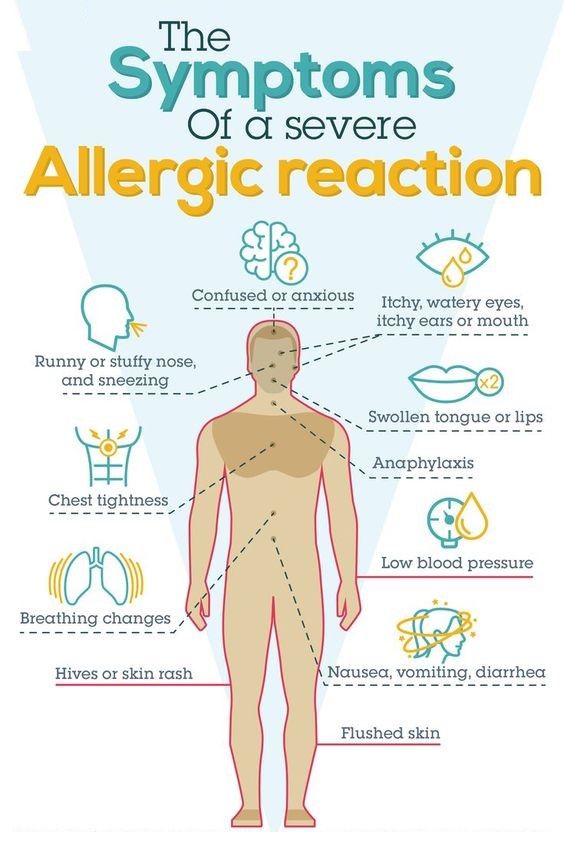 Ask your pediatrician for guidance.
Ask your pediatrician for guidance.
Food Allergies in Children - Mom's Club. All About Pregnancy, Baby & Toddler Development
Signs, Symptoms and Helpful Hints
Having a food allergy can cause severe symptoms and affect your baby's nutritional intake. Find out what signs to look out for, which foods are most likely to cause an allergic reaction, how and when it's safe to introduce allergenic foods to your diet, and why breastfeeding can help reduce your baby's risk of allergies.
Food allergies in newborns and infants
A food allergy is an overreaction of the immune system to a specific substance. Symptoms of the onset of an allergic reaction can be rapid, obvious and occur immediately after eating, or delayed in the form of longer-term or recurring symptoms such as eczema and digestive problems.
Food allergies are more common in toddlers than adults and affect approximately 6-8% of children at an early age.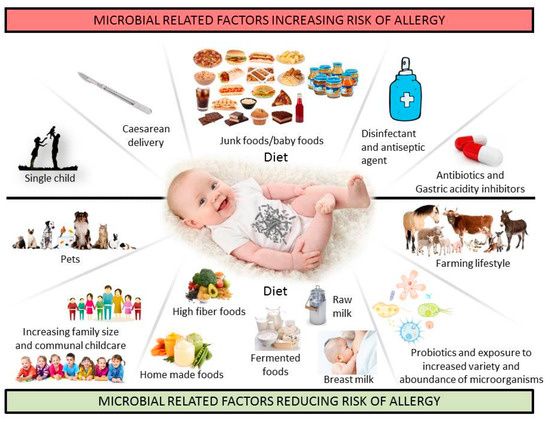 It is reassuring to know that many children eventually outgrow their allergies.
It is reassuring to know that many children eventually outgrow their allergies.
Food Allergy Detection
As you introduce solid foods into your baby's diet, you will no doubt notice what foods your baby likes and doesn't like. However, it is more important to watch for any signs of a food allergy. Only 1 in 17 children suffer from food allergies, and most babies will never develop any of the allergic symptoms.
The most common symptoms of a fast food allergy are:
-
swelling of the eyes and lips;
-
diarrhea or vomiting;
-
wheezing, runny nose, red eyes and sneezing;
-
itching, urticaria and atopic dermatitis
Allergy symptoms can be mild, moderate or severe. And while it seems that some people experience allergy symptoms of the same severity every time they have an allergic reaction, there is no guarantee that a mild reaction in one case will not lead to a more severe reaction in another.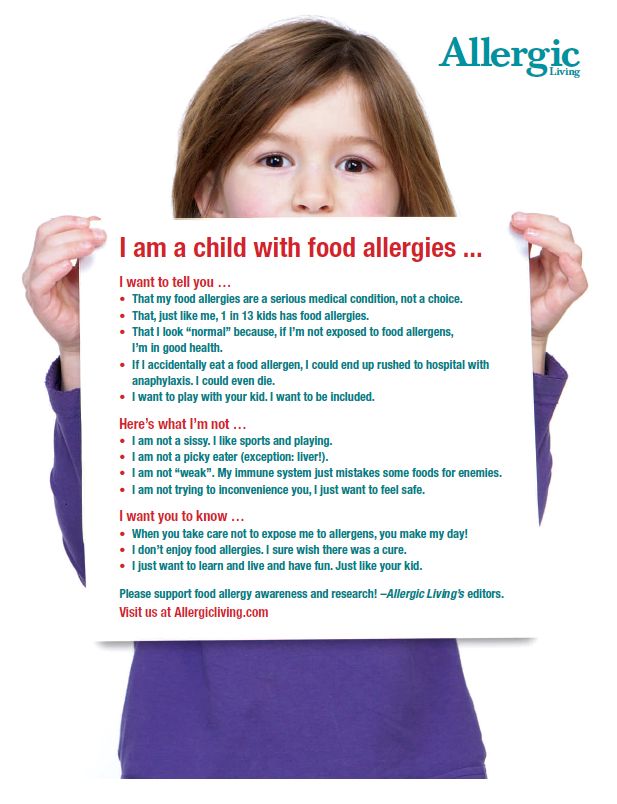 This is why it is so important to diagnose and treat allergies in children and prevent them from developing.
This is why it is so important to diagnose and treat allergies in children and prevent them from developing.
A severe, rapid, life-threatening allergic reaction is called an anaphylactic reaction. Severe wheezing in the chest, difficulty breathing, Quincke's edema, itching of the whole body, urticaria, vomiting, abdominal pain, diarrhea, dizziness, loss of consciousness may be signs of anaphylactic shock, which requires emergency medical care. Fortunately, this type of allergic reaction is rare.
Allergic foods
Foods that cause allergic reactions more often than others:
-
milk;
-
eggs;
-
wheat products;
-
soy;
-
fish;
-
seafood;
-
peanuts;
-
nuts.
Heredity
If you are currently pregnant and have allergies, you may be worried about your child developing allergies as well.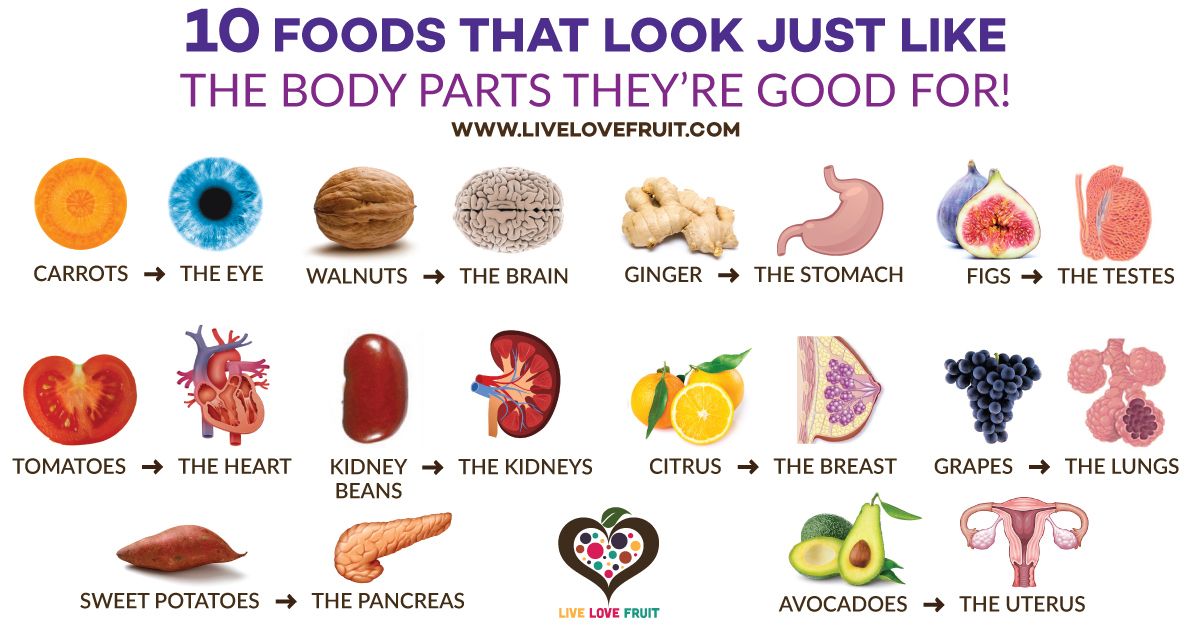 The transmission of a predisposition to allergies is from 30 to 50% if one of the parents is allergic, but if both parents are allergic, the risk increases even more. In this regard, it is advisable to have an idea about other types of allergic reactions, including allergies to cow's milk, in case your baby suddenly appears. If no one in your family has allergies, the risk of your child developing allergies is much less—in this case, only 10% of children.
The transmission of a predisposition to allergies is from 30 to 50% if one of the parents is allergic, but if both parents are allergic, the risk increases even more. In this regard, it is advisable to have an idea about other types of allergic reactions, including allergies to cow's milk, in case your baby suddenly appears. If no one in your family has allergies, the risk of your child developing allergies is much less—in this case, only 10% of children.
Introducing allergenic foods into the diet
Allergenic foods will appear in his diet.
If you are breastfeeding, continue breastfeeding during the first year of life, if possible, in parallel with the introduction of complementary foods to reduce the risk of developing allergies.
Start with a small amount of the allergenic product and wait a few days before introducing another product of any kind. If your child has a reaction, you can easily determine which food is causing the symptoms.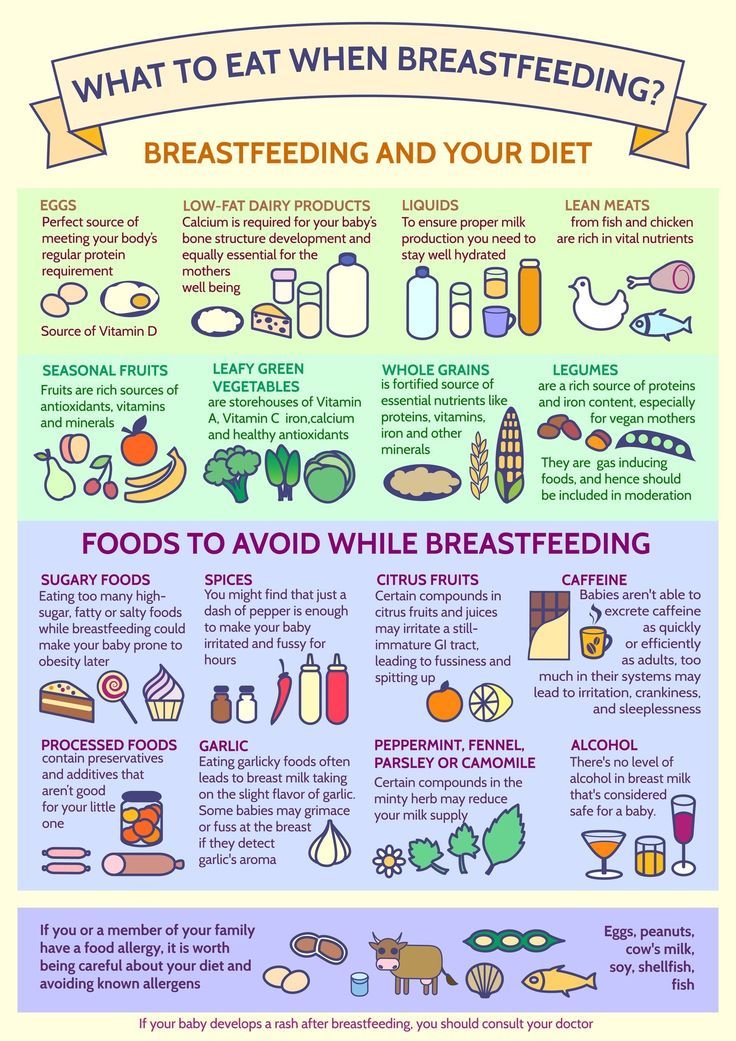 If you suspect that your baby has an allergy, talk to your doctor who can diagnose your baby and offer solutions on how to manage the symptoms of the disease.
If you suspect that your baby has an allergy, talk to your doctor who can diagnose your baby and offer solutions on how to manage the symptoms of the disease.
Keep track of your baby's health
It can take time to learn all about allergies and what foods your child can and cannot eat. While you're in the process of learning this information, read the labels carefully, even for products you didn't know might contain an allergen you should avoid.
Food labeling legislation makes it easier to find allergens in your baby's diet.
Depending on the food your child is allergic to, cutting it out of the diet can put you at risk for a deficiency in essential nutrients. The right decision is to see a doctor to make sure your child is getting the full range of nutrients needed for growth and development.
The role of breast milk in reducing the risk of developing allergies
Experts agree that breastfeeding helps protect babies from developing allergies.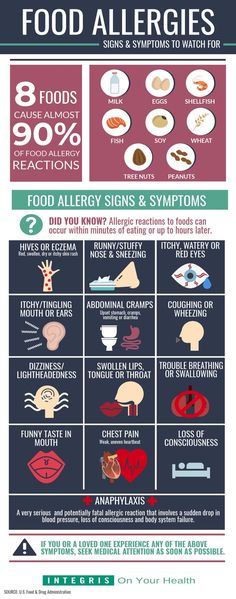 This comes at the expense of supporting their immature immune system, as breast milk is rich in antibodies that provide protection for the baby in the first months of life. Breastfeeding helps reduce exposure to allergenic foods early in life and promotes the development of the gastrointestinal tract and gut microbiota.
This comes at the expense of supporting their immature immune system, as breast milk is rich in antibodies that provide protection for the baby in the first months of life. Breastfeeding helps reduce exposure to allergenic foods early in life and promotes the development of the gastrointestinal tract and gut microbiota.
Breastfeeding or feeding expressed breast milk from a bottle for at least the first 4-6 months of your baby's life can reduce the risk of developing allergies.
Effects of antibiotic therapy on the gut microbiota
Antibiotics are now widely used to kill bacteria that cause diseases.
DETAILS
Cow's Milk Protein Allergy (CMP) Treatment FAQ
Effective treatment of CMPA requires a complete abstention from cow's milk and cow's...
DETAILS
Caesarean section and the development of the intestinal microbiota in the child
Every child is unique.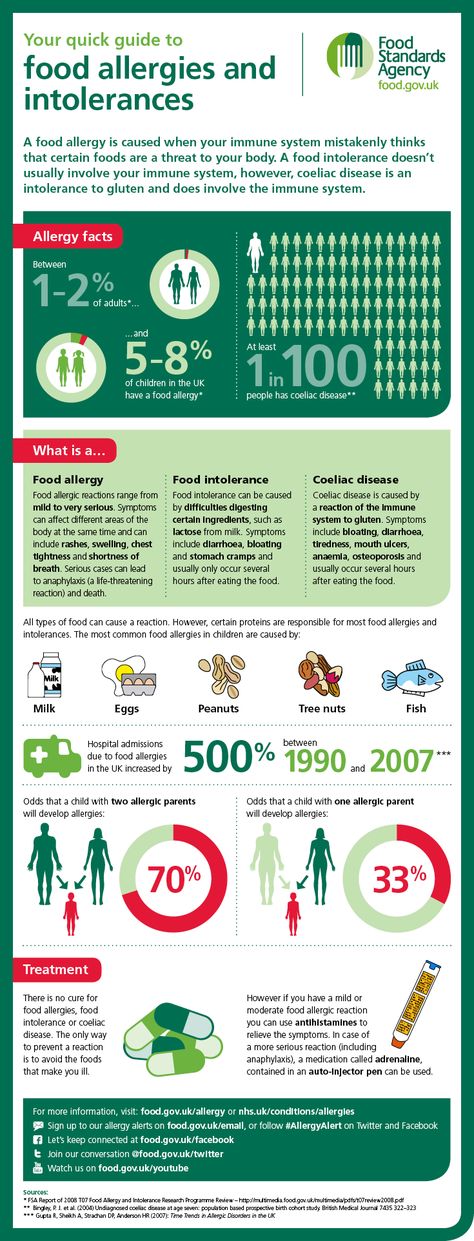 As parents, you strive to provide your baby with the best conditions for development, taking into account ...
As parents, you strive to provide your baby with the best conditions for development, taking into account ...
DETAILS
My child has allergies - now what?
If your child has an allergic reaction to certain foods, you should talk to your pediatrician.
DETAILS
Hypoallergenic milk formula when breastfeeding is not possible: for or against?
If breastfeeding a baby with allergies is not possible, the doctor may recommend using...
DETAILS
How can food labeling help you with your child's allergies?
If your child has a food allergy, you can't afford to skimp on the details.
DETAILS
Elimination diet for a child with a food allergy
In a child with a food allergy, the symptoms and possible harm it causes mainly occur in.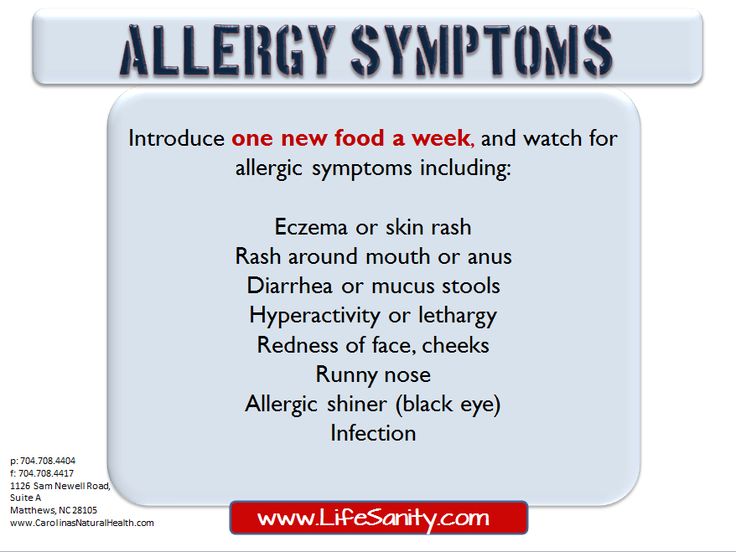 ..
..
DETAILS
How do you manage your child's food allergies?
Being diagnosed with a food allergy does not necessarily mean that your child will now be perceived as "different" or excluded...
DETAILS
What to do if you think your baby is allergic to cow's milk
If your baby seems to be having an adverse reaction after breastfeeding, bottle feeding...
DETAILS
Recognizing signs of milk allergy and milk intolerance in children
From stomach cramps to nausea and diarrhea, the symptoms of milk intolerance and milk allergy are very similar.
DETAILS
Allergy symptoms
Cow's milk allergy has a wide variety of manifestations, and its symptoms are non-specific ...
DETAILS
Will your baby develop allergies?
If you or your partner have an allergy, you may be worried that your child will develop it too.
DETAILS
Where does food allergy come from?
The development of allergies in young children can depend on many factors. The most significant of them is genetic...
DETAILS
Tips for Avoiding Allergies
Did you know that approximately 20-30% of children have allergies? One of the most significant factors contributing to the development of...
DETAILS
Strong immune system - less chance for allergies
The good news is that allergies can be prevented. If there is a history of allergies in your family, the chances are that your child has.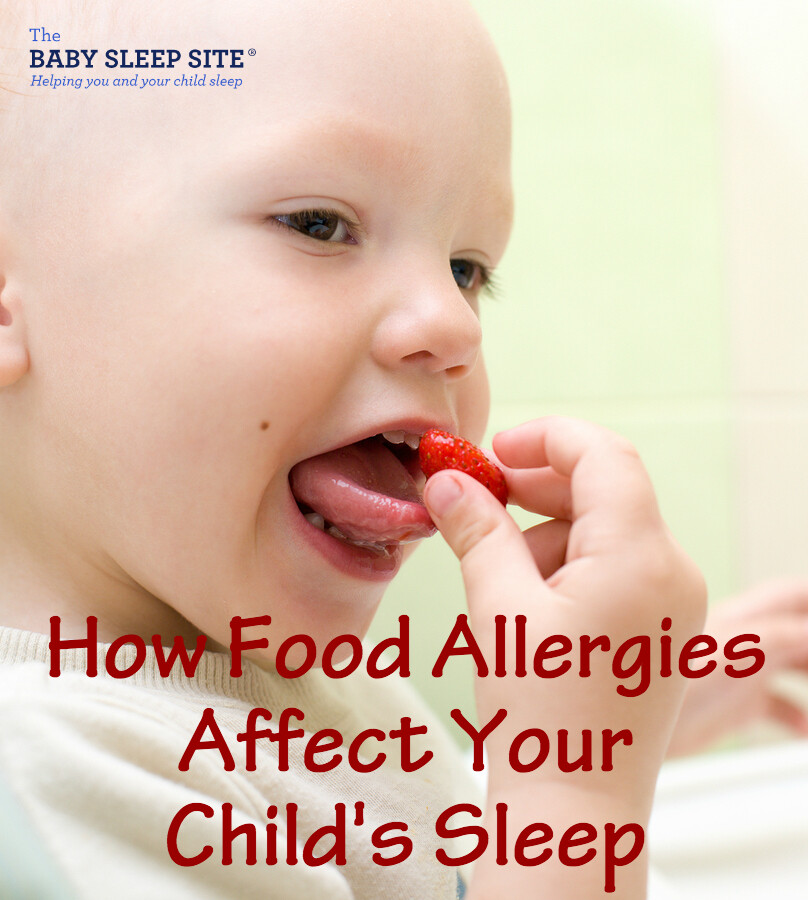 ..
..
DETAILS
Allergy Risk Test
Did you know that 30-40 percent of babies are at risk of developing allergies? Take this assessment test to find out...
DETAILS
Expanding the child's diet and preventing food allergies
Expanding a child's diet is a problem for parents. The greatest concern is the introduction into the children's diet ...
DETAILS
Bifidobacterium breve: what is it and where does it come from?
Natural childbirth and breastfeeding have a beneficial effect on the formation of the intestinal microbiota ...
DETAILS
4 steps to protect your child from allergies
If you have allergies and are expecting a baby, you may be worried about your baby becoming allergic.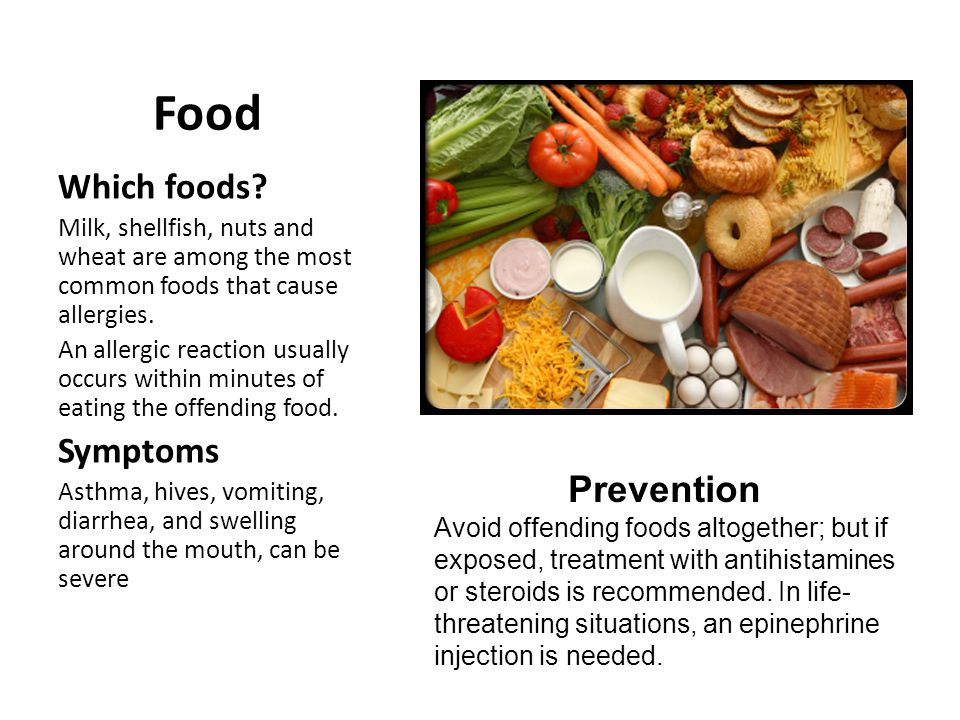
DETAILS
How to Recognize a Food Allergy in a Child - Child Development
Sooner or later, the child will reach the point where he is no longer cooked separately, and he eats together with the whole family. This is an important stage in the development of the baby, as he becomes more independent in eating.
Parents breathe a sigh of relief: feeding a child no longer turns into torture. But it is at this moment that you need to pay special attention to the health of the baby. Does he have symptoms after eating such as sudden chills, coughing, sneezing, rash? If you answered yes, then it is possible that your child is developing a food allergy.
What is a food allergy
A food allergy is an allergic reaction that occurs after eating a particular food or group of foods. Allergic reactions bring discomfort to the child. They affect his skin, respiratory tract, gastrointestinal tract, and in severe cases even the cardiovascular system.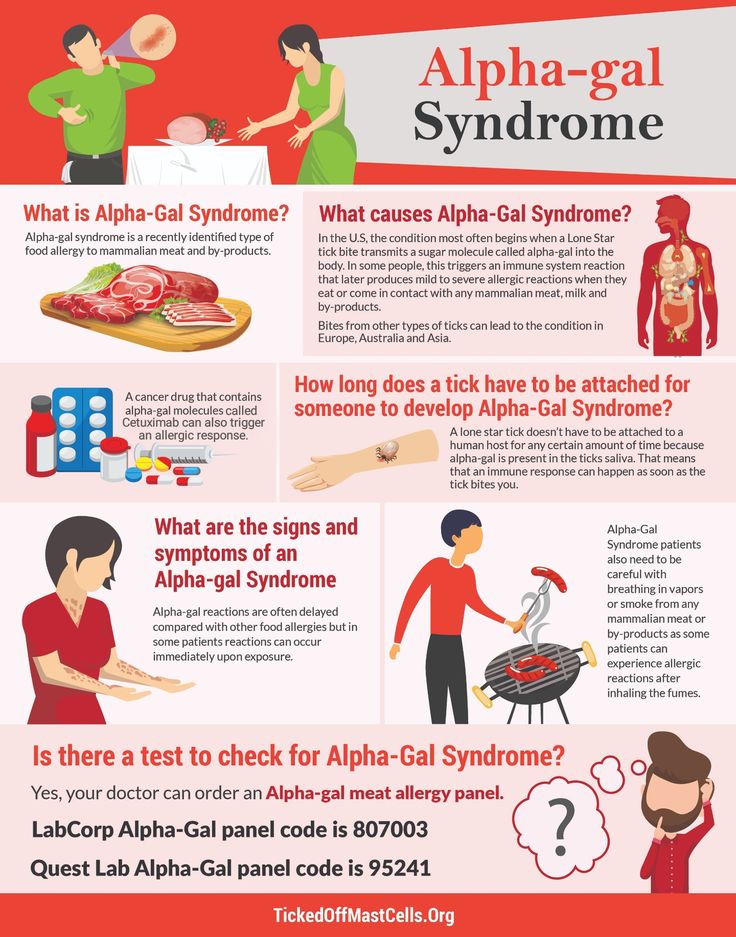
Food allergy symptoms in a child
These symptoms appear at different intervals (from several minutes to several hours) after ingestion of the allergen. The child may not always notice this in time, so you should monitor the manifestation of allergic reactions.
Look out for the following symptoms of a food allergy in a child:
- redness of the skin, especially around the eyes;
- stomach cramps;
- diarrhea;
- sneezing;
- dry cough;
- redness and swelling of the skin accompanied by itching;
- pruritic rash;
- itching in the mouth;
- nasal congestion.
Signs of more serious food allergies include:
- difficult breathing;
- wheezing;
- blue skin;
- chest pain;
- difficulty swallowing;
- severe swelling of lips, tongue or throat;
- weak pulse;
- severe weakness or even fainting.
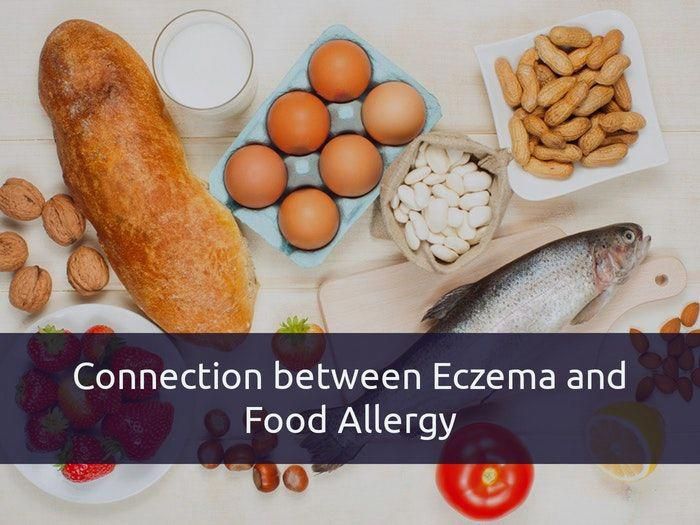
If your child has one or more of the above symptoms, or even one of the serious signs, call a doctor immediately or take the child yourself to the nearest medical facility. These symptoms may indicate anaphylactic shock, a severe form of an allergic reaction.
How to prevent food allergies in your child
To prevent food allergies in your child, remember a few simple tips:
- Before introducing a new food to your child, eat it for 4-5 days.
- Cook no more than one new meal a day, this will help you keep track of your child's health. If during this period you notice an allergic reaction in your child, you can find out which product caused it.
- In most cases, if one of the parents is allergic to a particular food, the child is also at high risk of an adverse reaction.
- If a child has eczema or other skin conditions, they are more likely to develop allergies than other children.
What to do if the child has a food allergy
Depending on the specific symptoms, the following measures should be taken:
- If an allergic reaction occurs immediately after eating, you can most likely identify the product that causes it.
